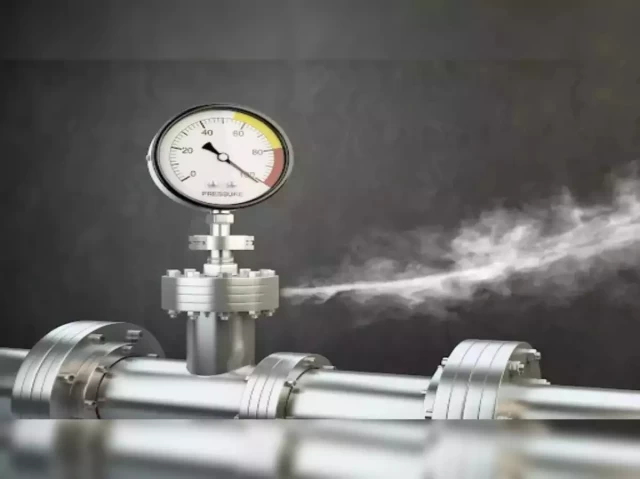Gas Leak Panic Strikes Delhi; Police Attribute Cause to Anti-Terror Drill
- Posted on February 11, 2024
- Lifestyle
- By Arijit Dutta
- 363 Views
Panic struck Delhi as residents reported a gas leak, causing concern in several neighborhoods. However, police clarified it was part of an anti-terror drill, easing the situation.
 Image Source -www.economictimes.indiatimes.com
Image Source -www.economictimes.indiatimes.com
Panic
surged through various neighborhoods of Delhi on February 10, triggering a wave
of fear and confusion among residents. Reports flooded in, detailing a
suspected gas
leak that sent shockwaves of concern rippling across the community. In
areas spanning Geeta Colony, Gandhi Nagar, Laxmi Nagar, and ITO, residents
experienced discomfort and alarming symptoms, including burning sensations in
their eyes and difficulty breathing, exacerbating an already tense situation.
The distress was particularly acute among bikers navigating the affected areas,
heightening the urgency for authorities to address the unfolding crisis.
Responding
swiftly to the escalating panic, emergency services sprang into action,
dispatching fire engines and IGL vans to investigate and mitigate the perceived
threat. Simultaneously, Delhi Police mobilized to assess the situation and
provide much-needed clarity to alleviate public apprehension. Amidst the chaos,
a crucial piece of information emerged—a scheduled anti-terrorist mock drill
conducted in the Yamuna Khadar area.
This revelation shed light on the root cause of the unfolding drama. Tear gas shells, deployed as part of the drill, inadvertently triggered the release of smoke, which was misconstrued by residents as indicative of a hazardous gas leak. The misunderstanding swiftly spiraled into a full-blown panic, underscoring the delicate balance between public safety exercises and the inadvertent escalation of fear and uncertainty.
Also Read: Modi Emphasizes Finance Management, Aims To Secure Future Generations
The
Delhi Police, recognizing the urgent need to quell the mounting anxiety
gripping the city, swiftly moved to dispel the misconception. By elucidating
the true nature of the incident and its connection to the planned drill,
authorities sought to reassure residents and restore a sense of calm and order
amidst the chaos. Through transparent communication and decisive action, the
police succeeded in diffusing the tension and averting a potential crisis of
larger proportions.
The
incident serves as a poignant reminder of the critical importance of effective
communication and coordination during emergency preparedness exercises. While
such drills are essential for bolstering readiness and response capabilities,
their execution must be accompanied by robust mechanisms to prevent
misinterpretation and allay public concerns. In the case of Delhi's gas leak
scare turned anti-terror drill debacle, swift intervention, and clear
communication proved instrumental in averting widespread panic and restoring
normalcy to the city's streets.




